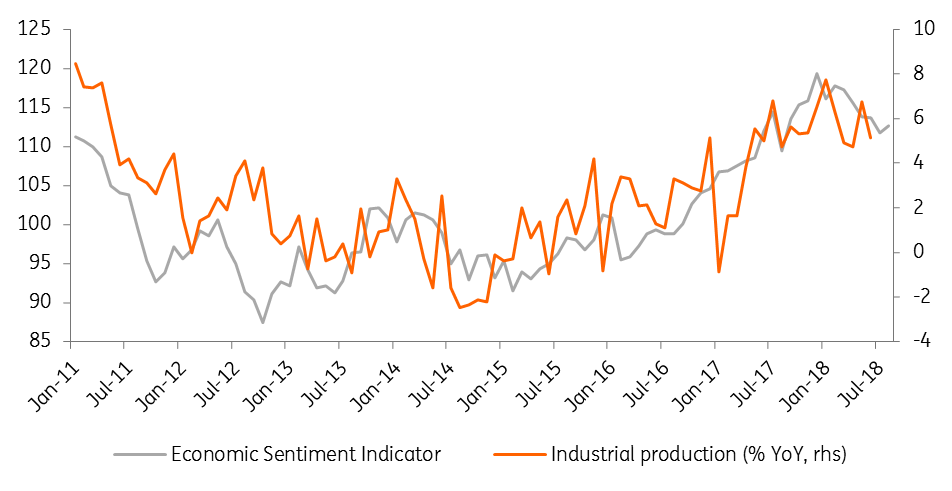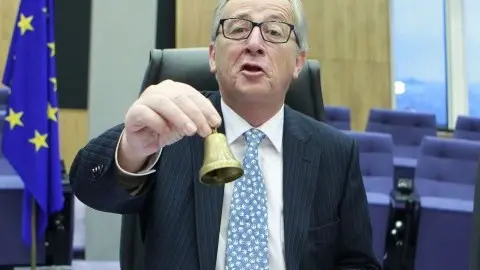Austria: Still enjoying the isle of happiness
2018 marks another boom year for the Alpine republic, but for 2019 and 2020 we expect a gradual return to average growth levels cooling down to 2.2% and 1.8% respectively
Economic performance driven by domestic and foreign impulses
With first-quarter GDP growth coming in at 0.8% quarter on quarter and second-quarter growth at 0.7% QoQ, Austria’s economy has seen a strong first half of the year. While we expect the current strong momentum to abate as the peak of the current economic cycle has been reached, a robust growth performance of 2.8% for 2018 is pencilled in.
Although risks to the growth outlook stem from foreign uncertainty factors such as a further escalation of the US trade conflict with major trading partners, the impact should be negligible for the Austrian economy this year. For 2019 and 2020 we expect a cooling down to 2.2% and 1.8% respectively.
Cooling down from high levels

The EU presidency isn't really a big deal
As far as the country’s EU presidency is concerned, the focus is likely to shift from the migration issue to Brexit and the closing window of opportunity for a deal. However, in Austria, the chairing isn't really on people’s radars.
According to a recent survey, 60% say they are ill-informed about the presidency, while only 19% attest the government is doing a good job and see new impulses on the EU stage. With less than a year to go until European parliamentary elections, the government has to step up its game, especially since 77% think the government’s far-right junior coalition partner, the Freedom Party of Austria (FPÖ), would like to drop the EU presidency as it is an unnecessary cost and doesn't bring any benefits. Overall, 60% are in favour of scrapping the EU presidency.
Nevertheless, the government still has more than half of its presidential term to go, packed with foreign and EU-related uncertainty factors. With the economy currently on auto-pilot, it also has the opportunity to make an impression not only on the international stage but also domestically.
The Austrian economy in a nutshell (% YoY)
This publication has been prepared by ING solely for information purposes irrespective of a particular user's means, financial situation or investment objectives. The information does not constitute investment recommendation, and nor is it investment, legal or tax advice or an offer or solicitation to purchase or sell any financial instrument. Read more
Download
Download article
17 September 2018
ING’s Eurozone Quarterly: A late-cycle economy? This bundle contains 13 Articles